Search
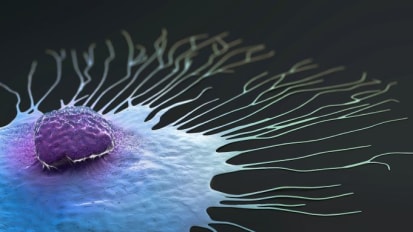 News
News
Breast Cancer Risk Calculator Can Assess Risk of Advanced Breast Cancer
Upcoming Conference to Focus on Breast Density and Prediction of Advanced and Interval Breast Cancer Risk Video
Video
Vestibular Migraine (and Conditions That Look Like It): Paths to Diagnosis and Care
In this guide to efficient diagnosis and effective therapeutics, otolaryngologic surgeon Caroline Schlocker, MD, walks providers through her rule-out process and clarifies criteria for vestibular migraine. Document
Document
Center for Limb Preservation and Diabetic Foot
The first and only dedicated amputation-prevention center in the Bay Area Video
Video
Diffuse Idiopathic Skeletal Hyperostosis: A Common Cause of Spinal Pain
This practical presentation from physical and pain medicine specialist Peter I-Kung Wu, MD, PhD, MPH, takes a deep dive into diffuse idiopathic skeletal hyperostosis (DISH), a problem that particularly affects men over 50, bringing stiffness and limiting range of motion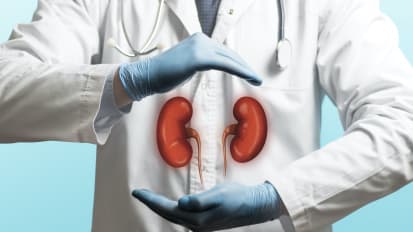 Document
Document
Adult Kidney Transplant Program
UCSF's multidisciplinary transplant team is part of the largest paired kidney registry in the U.S., which provides access to living donor transplantation for incompatible pairs.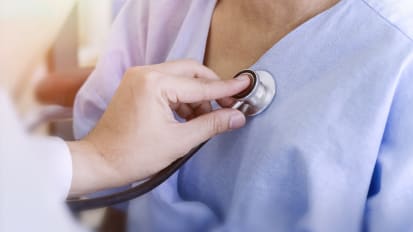 Document
Document
A Referral Guide for Physicians - UCSF Heart and Vascular Center
The UCSF Heart and Vascular Center is home to a world-class team of cardiologists, heart surgeons, vascular surgeons, transplant surgeons and other specialists, all working collaboratively to provide the highest-quality care for patients.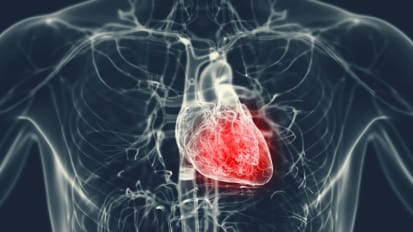 Video
Video
Currents in Myocarditis: A Fresh Look at Causes, Classification and Care
COVID-19 infections and vaccines, as well as certain cancer treatments, can play roles in myocarditis – whose incidence has increased about tenfold in recent years.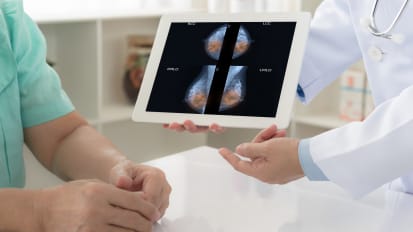 Video
Video
Breast MRI and Advanced Breast Intervention
Bonnie Joe, MD, PhD, discusses how breast MRI is performed, common indications for breast MRI and advanced methods for biopsy and pre-surgical localization of tumors. Video
Video
Long COVID: A New Way to Look at a Growing Problem
Synthesizing multiple studies, pulmonologist Brian Block, MD, reveals which patients are at risk for lasting symptoms from infection with the coronavirus (it’s not who you might think).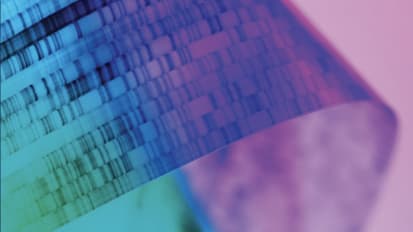 Document
Document
UCSF500 Cancer Gene Panel Test
The UCSF500 Cancer Gene Panel leverages world-class expertise for advanced cancer cases. Designed by our leading cancer specialists, the UCSF500 offers unparalleled depth and precision in genetic analysis.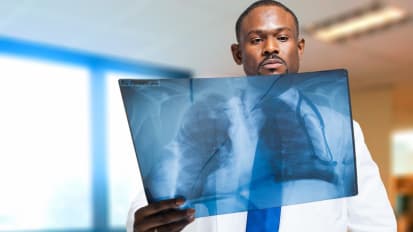 Video
Video
Lung Cancer Screening: Who, How and When to Refer
†horacic radiologist Brett M. Elicker, MD, and thoracic surgeon Johannes Kratz, MD, present about current lung cancer screening guidelines: who, how, and when to refer.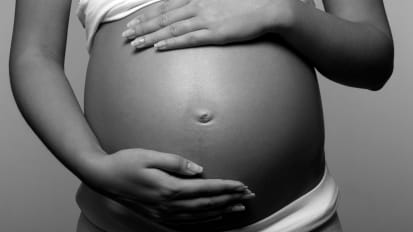 Video
Video
Placenta Accreta Spectrum Disorder: Proven Strategies from a Multidisciplinary Team
Placenta accreta spectrum disorder is a varied and increasingly common complication of pregnancy, so ob/gyns need a firm grasp of risk factors and ultrasound signs. News
News
First ‘Plug and Play’ Brain Prosthesis Demonstrated in Paralyzed Person
Stable recordings let brain and machine learning system build ‘partnership’ over time. Video
Video
Screening Guidelines for Common Cancers: A Lifesaving Update
In just 35 minutes, hematologist-oncologist Akshiv Malhotra, MD, presents the current recommendations on cervical, breast, colon and lung cancers, breaking down the test options for each and when to start tests based on a patient’s risk. News
News
Immune Cells Leave Fingerprints on Tumors Metastasized to the Brain Offering Clues to Future Therapies
Using data from over 100,000 malignant and non-malignant cells from 15 human brain metastases, UCSF researchers have revealed two functional archetypes of metastatic cells across 7 different types of brain tumors, each containing both immune and non-immune cell types. Their findings, published the February 17 issue of CELL, provide a potential roadmap for metastatic tumor formation that could be used to design therapies to improve the treatment of metastasized patients.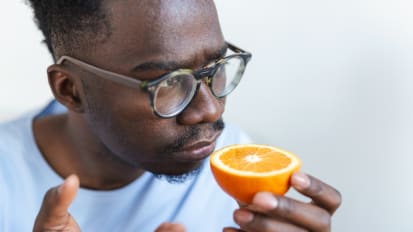 Video
Video
When the Nose Doesn’t Know: Identifying Types of Smell Loss in the Time of COVID
In this guide to understanding the condition and counseling patients appropriately, rhinologist Jose Gurrola II, MD, covering types of smell loss, the impact on patients’ lives, when to order labs or imaging, expected recovery times for COVID patients, and therapies worth trying.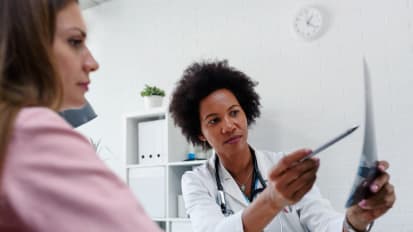 Video
Video
Breast Cancer Treatment Strategies: Experts Break Down the Latest
Reporting from the renowned San Antonio Breast Cancer Symposium, UCSF specialists present new research findings relevant to the complicated decisions made daily in designing treatment plans for individual patients. News
News
Delayed REM Sleep Could Be an Early Sign of Alzheimer’s
Scientists have recently shown that both the quality and the amount of sleep we get may influence our risk of developing Alzheimer’s disease.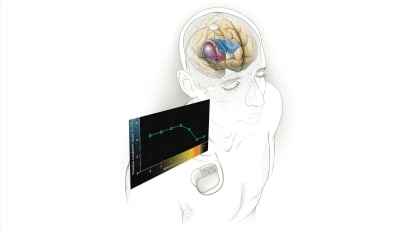 News
News
New Tinnitus Research Focused on Neural Networks Shows Promise for Precision Treatment
Using advanced neuroimaging, UCSF researchers are exploring the root causes of tinnitus and developing novel treatments for this potentially debilitating condition, which affects more than 50 million Americans. Video
Video
Cancer Preventive Care: Empower Your Patients to Take Small-But-Significant Steps
Patients worry about cancer but struggle to make lifestyle changes. Here’s how to discuss factors they can control and realistic steps they can take. News
News
Diabetes Medication May Increase Risk of Perioperative Ketoacidosis
UCSF study finds sodium-glucose cotransporter-2 inhibitors also lower risk of post-operative acute kidney injury. News
News
Sneaky Senescent Cells That Resist Cancer Treatment Can Provide Druggable Lung Cancer Target
Senescent fibroblasts are aging cells that no longer divide and protect against tumor development. Video
Video
Primary Care Predicaments: Myopathies, Neuropathies & Neuromuscular Conditions, Oh My!
From ALS to myasthenia gravis to Guillain-Barré syndrome, potentially aggressive neuromuscular disorders can present with a range of nebulous symptoms.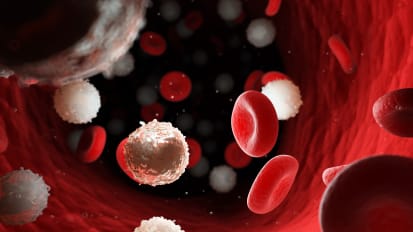 News
News
International Hematologic Conference Features UCSF Health Experts
Hematologists and oncologists from around the world will present new research and clinical findings at the American Society of Hematology’s (ASH) 63rd Annual Meeting and Exposition. This year’s meeting will be held in Atlanta, Georgia – and virtually – from December 11-14, 2021.

